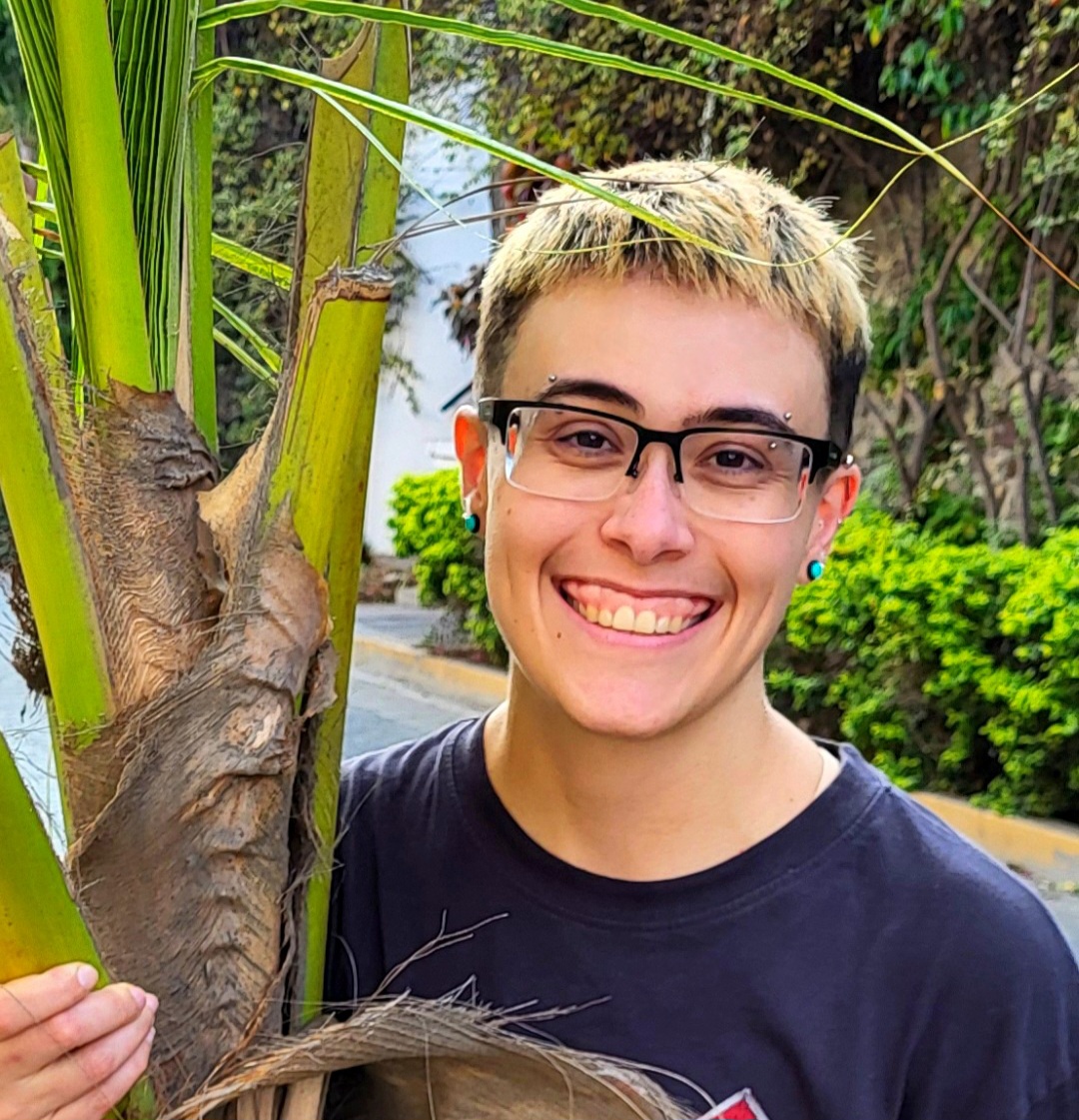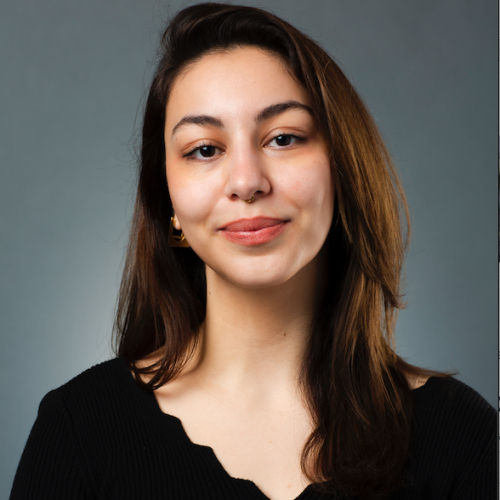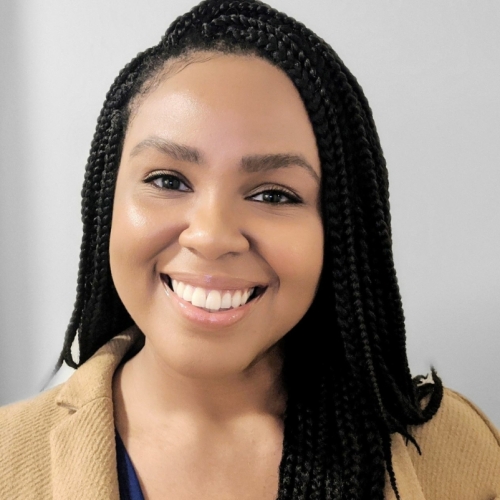Diversity Science Specialization - continuing to enhance and engage
Through the work of the Diversity Steering Committee, the Psychology Department has offered a Diversity Science specialization. Initially offered in 2008, the specialization is designed to enhance graduate training for psychology students. Completing the specialization helps students understand how the experiences of diverse populations can be utilized to advance the student’s major area of study and cultivates an understanding of the relationship between diversity and psychological issues.
This past year, Z Ferguson from the social psychology and personality area, Sukran Sener Bahar from the developmental psychology area, and Michele Smith from the child clinical area, each earned specializations to enhance their Ph.D. training. To understand the impact the specialization has had on students’ training, we asked these recent recipients about their experiences after obtaining the specialization.

Z Ferguson, a fifth-year student in the Social Psychology and Personality area and a member of the Stereotypes, Identify, and Belonging Lab advised by Sapna Cheryan, reflected on their experience with the following: "Through my participation in the Diversity Science Specialization (DSS), I took classes focused on Native American psychology, cultural psychology, as well as racism and sexism in public policy. Participating in the DSS certainly solidified my commitment to understanding and uplifting the perspectives of marginalized communities, as well as deconstructing the White, Western biases and defaults within our field. The instructors in these classes offered me room to explore a variety of epistemological frameworks such as queer, intersectional, and feminist theory, and indigenous ways of knowing. Incorporating the knowledge that I gained within these classes, I developed an undergraduate course titled “Social Identity, Bias, Discrimination” which I taught the Summer of 2024. My work in this program has equipped me with the skills and confidence to design and implement psychological research grounded in an equity lens and informed by the lived experiences of diverse populations."

Sukran Bahar Sener, a fifth-year student in the Developmental area in Ariel Starr's lab, in her final year of the PHD program had the following to say about her experience with the DSS; "I am highly motivated to explore how diverse cultural and linguistic environments contribute to variability in cognitive development. For example, one of my research projects focuses on how different language environments influence spatial language acquisition in early childhood. The courses I took as part of my Diversity Science Specialization have pushed me to think critically about existing assumptions about developmental trajectories and granted me support and opportunities for preparing project proposals for the questions I am interested in. I highly recommend pursuing the Diversity Science Specialization to all students, I cannot think of a line of work that would not benefit from the expanded knowledge and experience this specialization can contribute to!"

Michele Smith, an eighth-year student in the Child Clinical area and currently in her final year of internship at Harvard Medical School, had this to say about the DSS: " The diversity science specialization provided an opportunity to explore how social, cultural, and individual factors shape human behavior, cognition, and emotional experiences. Though the many courses ostensibly seek to integrate diversity into their content, the specialization presented the additional chance to examine the impact of systemic issues like racism, equity, and inclusion on mental health and well-being. For example, the perspectives I gained from the Global Health course Adolescent Health in Low Resource Settings have a regular and direct impact on my work with youth and families with marginalized identities and limited economic resources. I sincerely appreciated that most courses highlighted individuals' wisdom and lived experience beyond academia, while also providing a space for amplifying marginalized voices. I practice cultural humility because I believe cultural competence is ongoing and context-specific. Approaching with humility includes pursuing research and clinical practice with openness, curiosity, and willingness to engage in self-reflection and self-education. As both a clinician and a researcher, I carry the things I learned with me in the hopes of contributing to a more inclusive, empathetic, and socially responsible field." Michele is advised by Liliana Lengua and Kevin King.